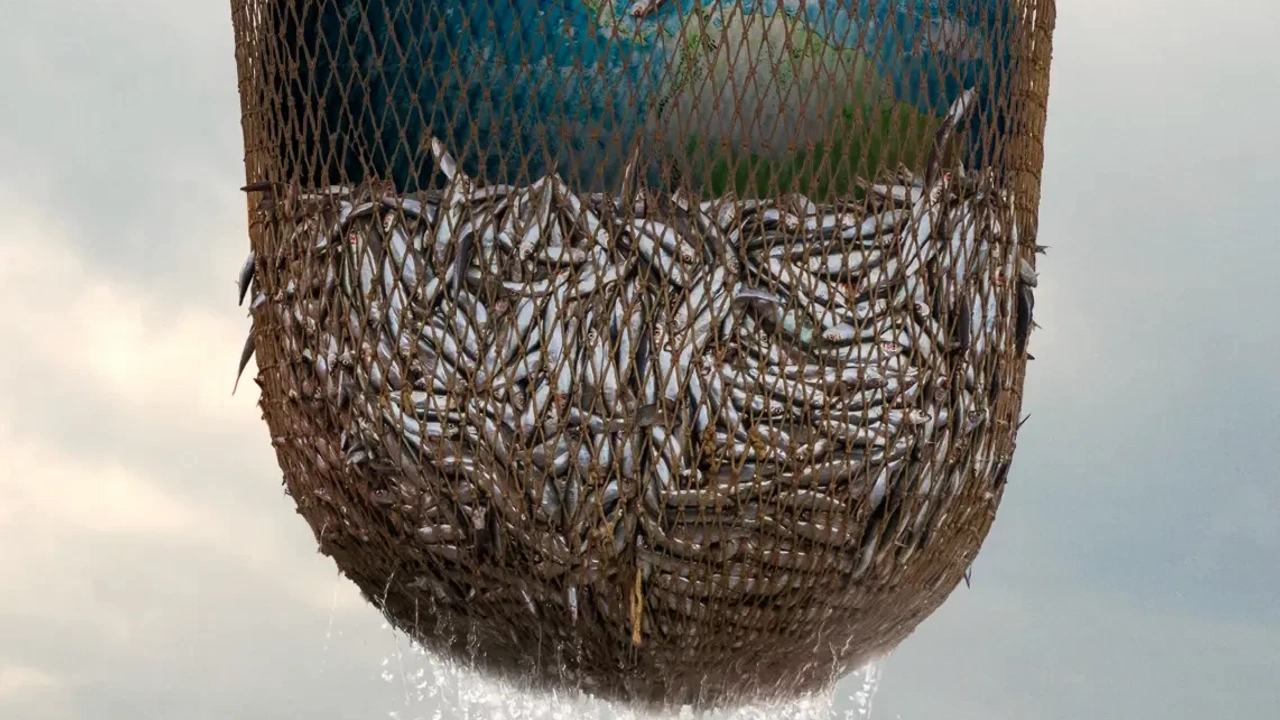Seaspiracy

Have you had a chance to watch the new documentary on Netflix called Seaspiracy? It is an absolutely shocking look at what is happening to our fish populations and our oceans.
When I finished it, I felt truly gutted. Scientists are saying that by the year 2050 our oceans will have run out of fish. The biggest reason is that industrialized fishing is destroying our seas.
We now have these giant, trawling fishing nets that not only capture the fish that people eat, they also capture tons and tons of bycatch. Bycatch are animals such as marine sea mammals, sea turtles, sea birds, dolphins, and sharks. These fish are usually thrown back into the sea dead or dying. According to some estimates, global bycatch may amount to 40 percent of the world's catch, totaling 63 billions pounds per year
Even tinned fish brands with "Dolphin Safe" labels are actually not safe or sustainable at all for dolphins, or other animals. It turns out there is no real way to stop the bycatch practice or to even check on these fishing boats out at sea 24 hours a day.
Captain Paul Watson who is with the organization called Sea Shepherd says, "If the oceans die, we die." He says that humanity and civilization cannot survive on this planet with a dead oceans. Additionally he tells us, "The industrial stripping of life from the sea is causing unprecedented biodiversity collapse in marine eco-systems." He leads a movement that seeks to inspire passionate people to harness their courage, imagination, and resolve to defend life and biodiversity in our oceans.
Captain Watson encourages as many of us as possible to adopt a plant-based diet before it is too late. He says, "The planet simply cannot tolerate 7.5 billion primarily meat and fish eating necrovores. The killing of 65 billion domestic animals per year is contributing more greenhouse gases to the planet than the entire transportation industry."
As for me, I do love the health benefits of a plant-based diet. However, saving the planet has become my biggest driver for sticking with and sharing about a plant-based lifestyle with others.
If you need to take smaller steps, consider reducing your consumption of beef and fish. Industrialized agriculture pertaining to these two groups of animals counts for the most damage to the planet by far.



